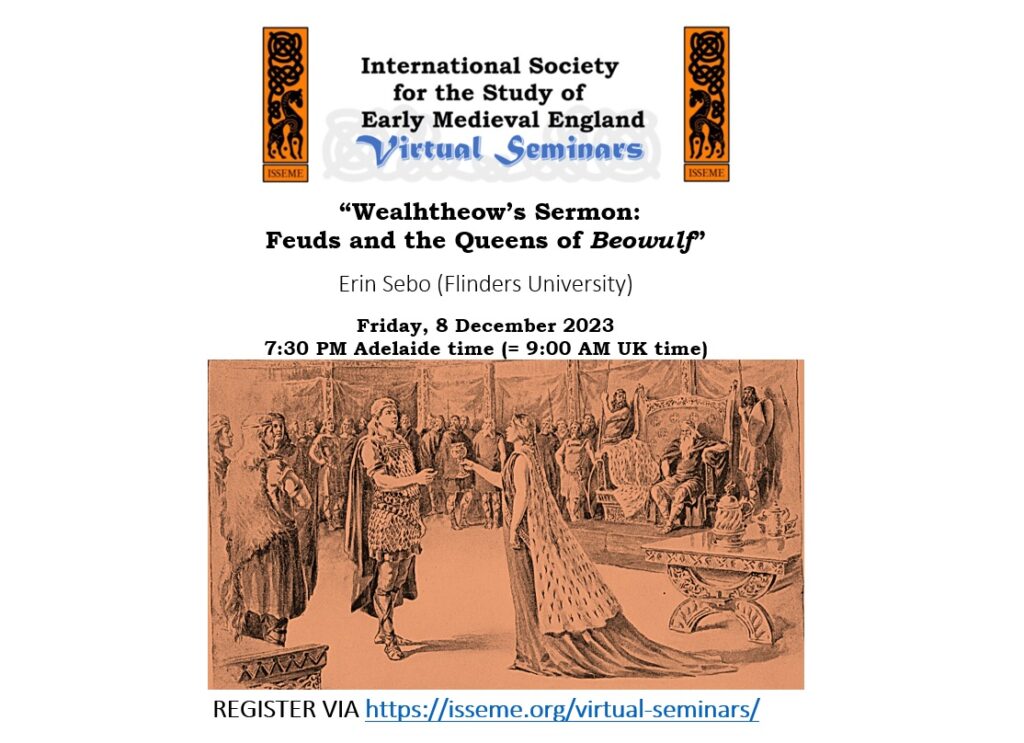The 99th annual meeting of the Medieval Academy of America takes place this year on March 14–16, 2024, at the University of Notre Dame in South Bend, Indiana.
Please visit medieval.nd.edu/maa2024, where you will see a link for registration. Here you will also find direct links to conference hotels offering discounted rates and a general overview of conference activities. The discounted hotel rates for attendees remain in effect only through February 13, 2024, and online registration closes February 16, 2024, so I urge you to register soon. Full details concerning the program as well as transportation and related matters may also be found on the site. The conference will be entirely in person, though the plenary lectures and some other events will also be live-streamed.
The themes for this year’s meeting are “Mapping the Middle Ages,” “Bodies in Motion,” and “Communities of Knowledge.” Plenary addresses will be delivered by Robin Fleming (Boston College) and Samantha Leggett (University of Edinburgh), “Conscious Uncoupling: Migration without ‘The Migration Period’. Chronology, mobility, diet, and health in a small corner of early medieval Hampshire”; Bissera Pentcheva (Stanford), “AudioVision in the Arts of the Liturgy at Conques”; and Jack Tannous (Princeton), “From Tatian to Hunayn: Communities (and Continuities) of Knowledge between Late Antiquity and Islam.”
Sixty concurrent sessions will represent a range of threads, including “Digitally Mapping the Middle Ages,” “Sacred Interiors,” “Islamic Epistemology,” “Mapping Real and Imaginary Travel,” “Mobile Bodies,” and “Border Crossings,” and cover topics addressing material culture, literary studies, cosmology, architecture, liturgy, and pandemics, to name a few. Roundtables and workshops will highlight union organizing in higher education, writing for a public audience, and publishing on the Middle Ages.
Beyond the conference and its sessions, other attractions are available to you before and during the meeting. On Wednesday, March 13, workshops on digital medieval studies and fragmentology will be offered. Notre Dame Library’s Rare Books & Special Collections will showcase an exhibit entitled “Mapping the Middle Ages: Marking Time, Space, and Knowledge,” while the campus Digital Visualization Theater will host a 360-degree visual and aural presentation on the cosmology of Hildegard of Bingen. Visit the newly-opened Raclin Murphy Museum of Art and while there enjoy a special exhibit of early woodcuts and engravings, including Albrecht Dürer’s famous Apocalypse series. The Morris Inn will host an Irish Céilí dance on Saturday evening.







